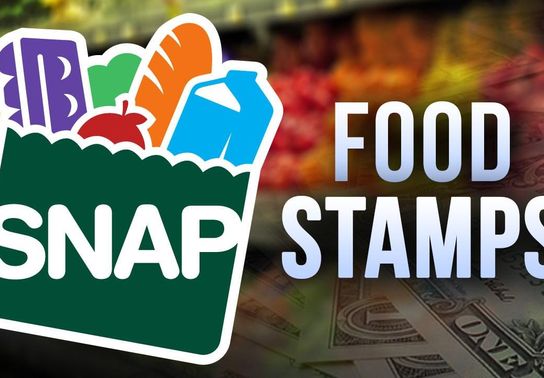Despite food assistance programs being an integral part of the social safety net in many countries, there exist several common misconceptions about food stamps. Misunderstandings can range from who uses them, to how they’re issued, and their potential consequences. It’s essential to tackle these misconceptions and provide factual information for those needing assistance or those looking to better understand these programs.
Who Uses Food Stamps?

One prevalent myth suggests that the demographic who uses food stamps the most are individuals who don’t want to work. However, this could not be further from the truth. In reality, the majority of food stamp recipients are elderly individuals, disabled persons, or families with children, where one or both parents are employed. It’s vital to understand that food assistance programs are designed to help those who need it, irrespective of their work status.
Do Food Stamps Affect You Negatively?
Do food stamps affect you negatively? is a question that often surfaces in discussions around these programs. In reality, food stamps are meant to supplement the food budget of low-income families and don’t directly affect an individual’s credit score, employability, or immigration status. They are a form of assistance, not a liability.
That being said, one concern that some people have is, will food stamps affect my FAFSA? The simple answer is no, it doesn’t. FAFSA, or the Free Application for Federal Student Aid, does not consider food stamps as income.
How Often Are Food Stamps Issued?
Another common query is, how often are food stamps issued? The frequency of food stamp issuance varies by state, but typically, benefits are allocated once a month. Regular issuance helps families budget their groceries effectively and ensures continuity in aid.
Is Buying Food Stamps a Crime?
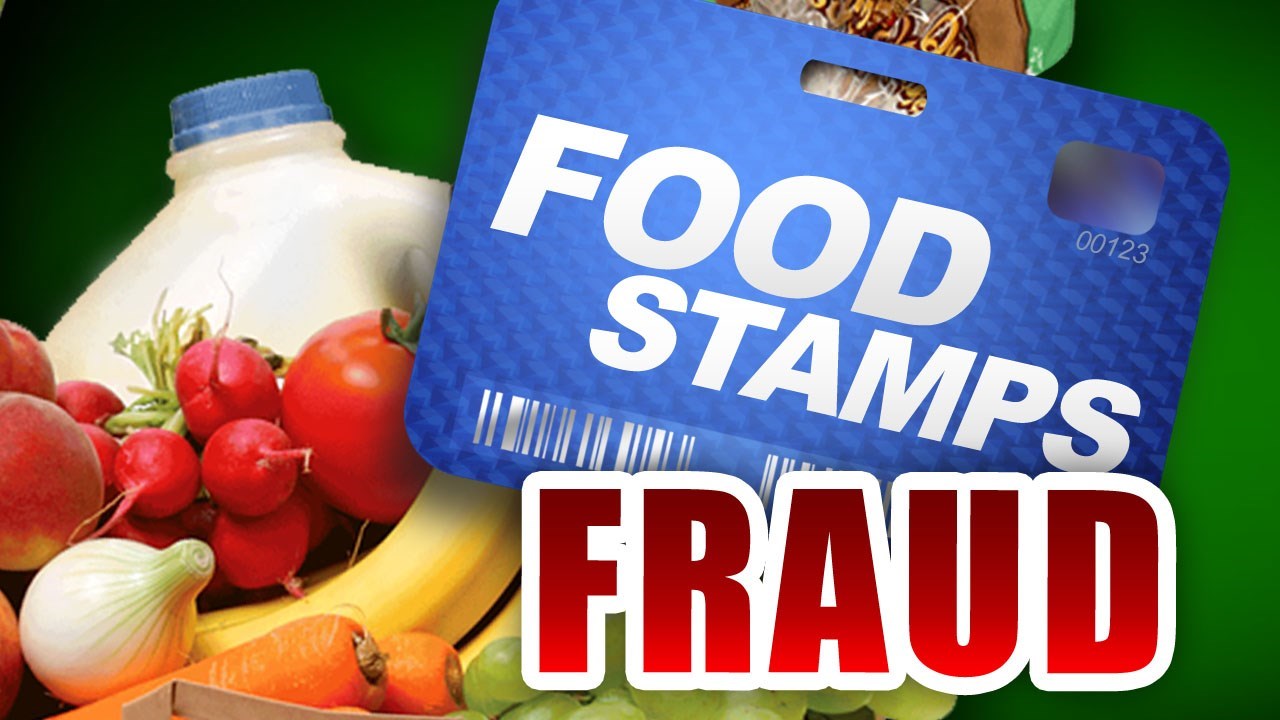
Yes, buying food stamps is a crime. Food stamps are non-transferrable and are only intended for the individual or family who has been approved to receive them. Misuse of food stamps is considered fraud and can lead to penalties, including disqualification from the program. If you come across someone trying to sell food stamps, you should know how to report misuse of food stamps. Most states provide a hotline or online reporting system for such situations.
Why Was My Food Stamps Reduced?
There could be several reasons why your food stamps were reduced. Factors like changes in household size, income, or even certain policy changes at the state or federal level can affect your food stamp benefits. It’s always best to reach out to your local Department of Human Services office to understand any changes.
Common Misconceptions About Food and Nutrition

Misinformation is not only prevalent in discussions around food stamps but also general food and nutrition. For example, a common misconception about healthy eating is that it’s always expensive. However, eating healthily can be affordable if you plan your meals, cook at home, and choose whole foods over processed ones.
Similarly, common misconceptions about eating disorders often include the idea that they are a lifestyle choice, when in reality, they are serious, often life-threatening, mental health conditions that require medical treatment.
Do Food Stamps Cost Money?
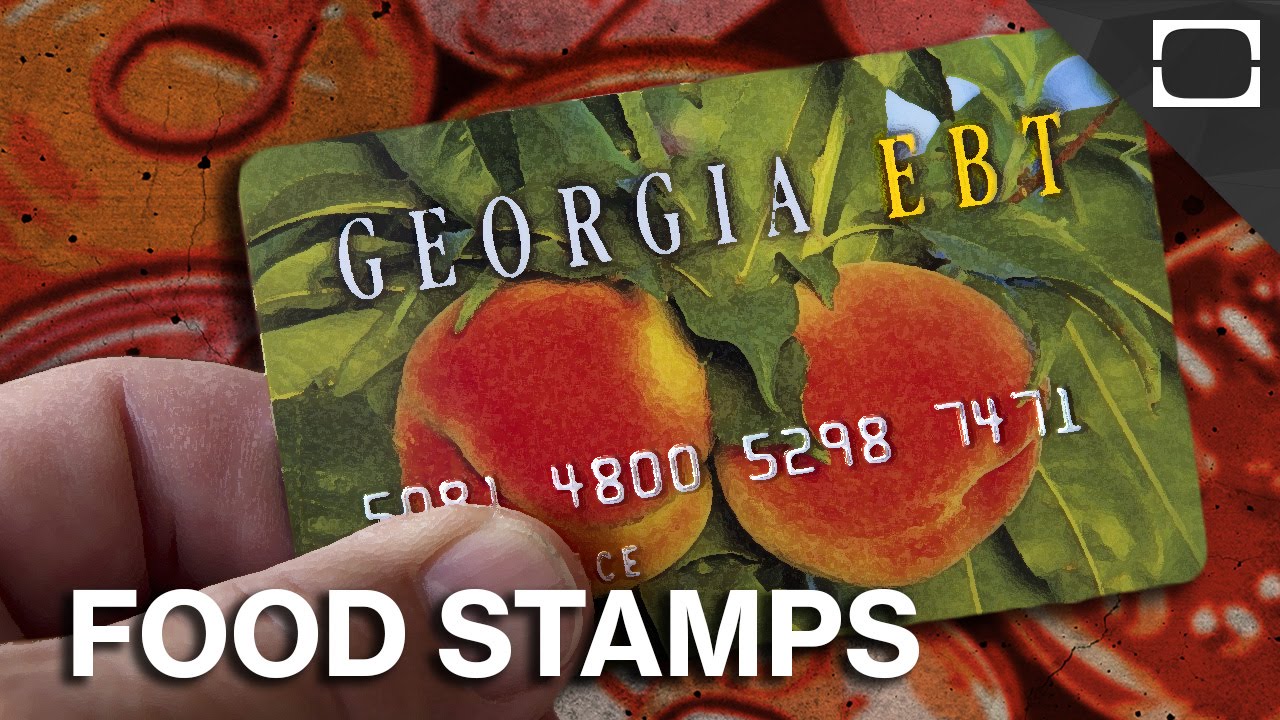
An important clarification to make is that food stamps do not cost the recipient any money. They are a form of government assistance funded by taxpayer dollars. However, food stamp consequences can be significant for those who misuse the system, including fines, imprisonment, and disqualification from the program.
Are Food Stamps Actually Stamps?
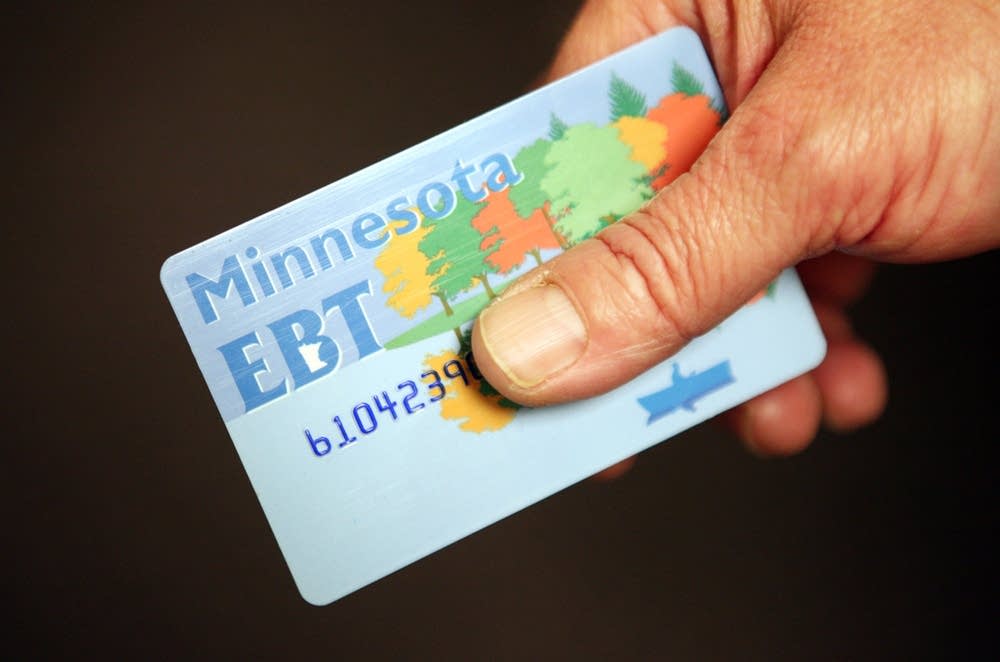
A rather innocuous, yet common query, is: Are food stamps actually stamps? The term “food stamps” is a historical reference to the time when recipients received paper coupons or actual “stamps”. However, today, food assistance is usually provided through electronic benefit transfer (EBT) cards, similar to debit cards. The name “food stamps” has simply stuck around.
Who Controls and Issues Food Stamps?
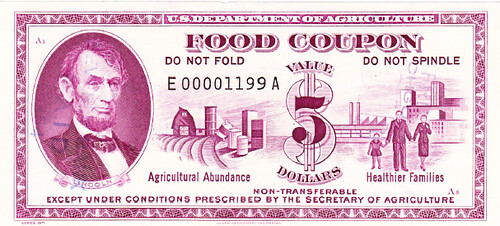
The question, who controls food stamps, often arises, with some believing it’s controlled by individual states. However, the Supplemental Nutrition Assistance Program (SNAP), commonly known as food stamps, is a federal program overseen by the U.S. Department of Agriculture. It is then administered at the state level, answering the question: who issues food stamps?
Common Misconceptions About Food

Common misconceptions about food are numerous and often perpetuated through media or cultural norms. For example, many believe “gluten-free” automatically means healthier, but this is not always the case. Gluten-free is essential for those with celiac disease or gluten intolerance, but for others, these products may simply replace glutenous ingredients with other substitutes that aren’t necessarily healthier.
Similarly, another common food misconception is that eating late at night leads to weight gain. Weight gain or loss is primarily driven by total caloric intake, not the timing of eating.
How Much Food Stamps Does a Single Mom Get?
The amount of food stamps a recipient gets varies based on several factors, including household size, income, and location. So the question, how much food stamps does a single mom get, cannot be answered definitively. However, it’s essential to know that these programs are designed to provide meaningful assistance to those in need.
7 Common Food Myths
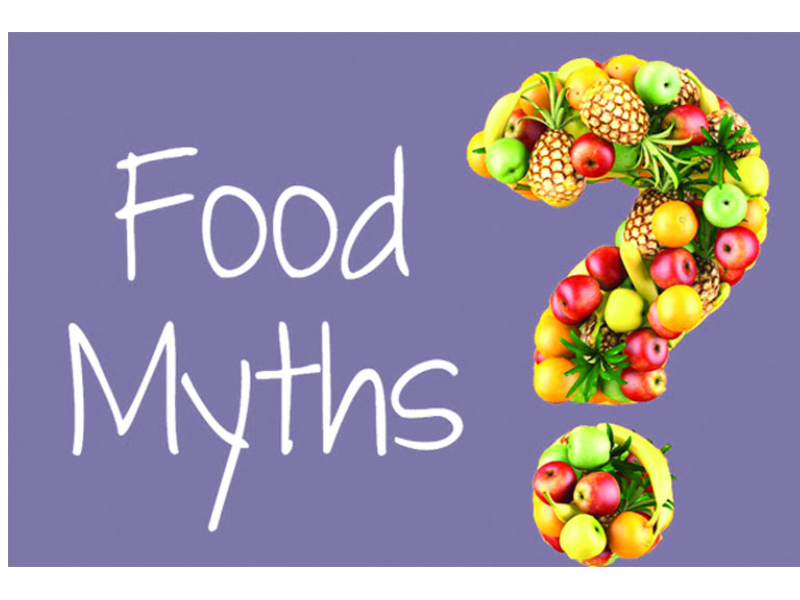
Finally, let’s bust 7 common food myths:
- Carbohydrates make you fat: The type and quantity of carbs matter, not carbs themselves.
- Detox diets cleanse your body: Your kidneys and liver already do a great job of that.
- Vitamin C prevents colds: It can shorten the duration but not prevent them.
- Microwaving food kills nutrients: Some nutrient loss can occur, as with all forms of cooking, but microwaving is not unique in this.
- Frozen fruits and veggies are less nutritious: They are often frozen at peak ripeness, locking in their nutritional value.
- Eggs are bad for your heart: Dietary cholesterol (found in eggs) has less impact on blood cholesterol than previously thought.
- All fats are bad: Monounsaturated and polyunsaturated fats are actually beneficial for your heart health.
Final Thoughts
Misconceptions about food stamps and nutrition are widespread, and they can prevent individuals and families from seeking assistance they may desperately need. Debunking these misconceptions and providing clear, accurate information about these essential programs can aid in reducing stigma and improving public understanding.
Remember, asking questions and seeking out information is never bad; it’s how we learn and grow. Whether it’s understanding why food stamps were reduced, how often food stamps come, or even questioning common misconceptions about vaping, continue to ask, learn, and share your knowledge.
